We Asked Women What Inspired Them to Pursue Careers in the Space Sector. Here’s What They Told Us
18th Apr 2024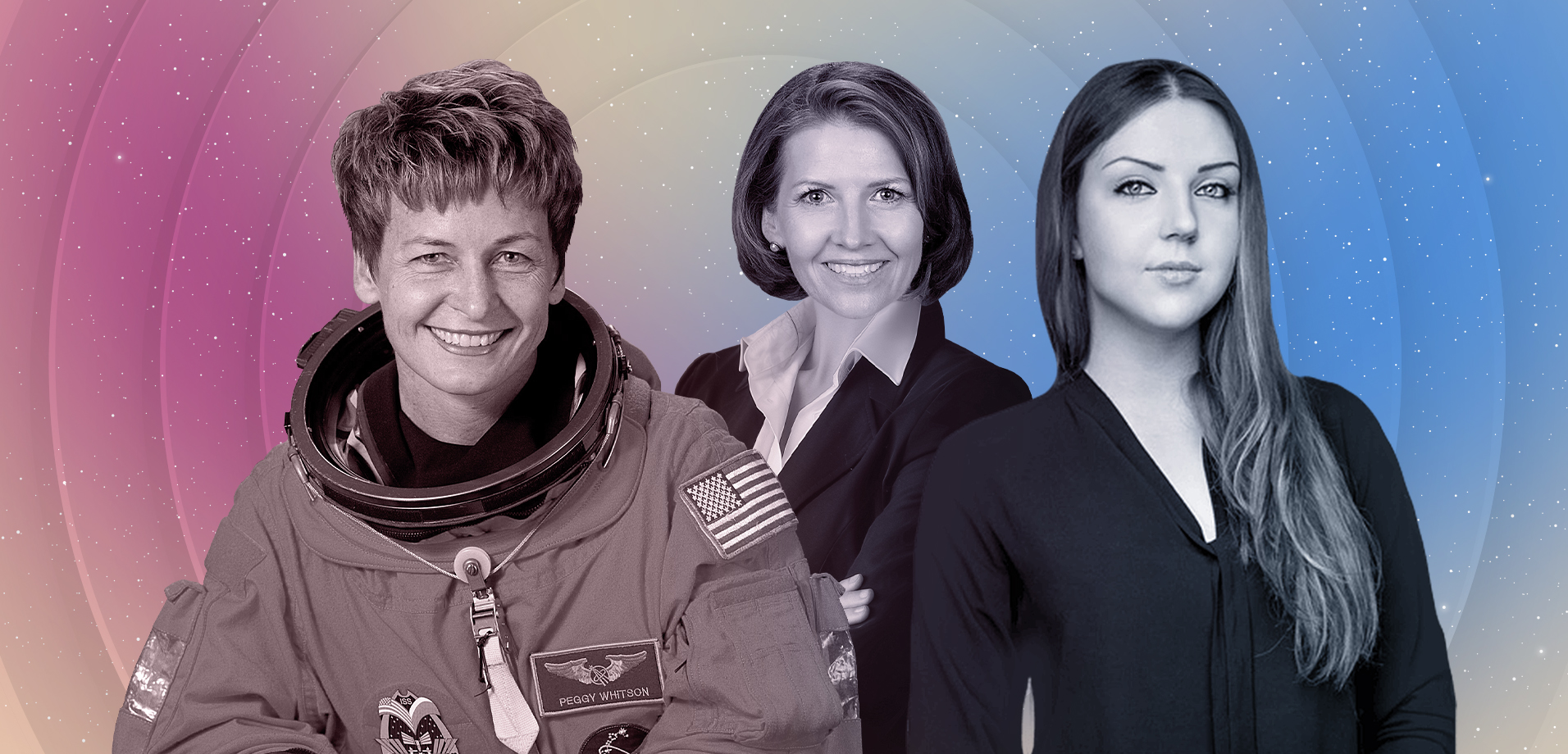
At Orbital Today, we’re dedicated to exploring the stories of women in space tech. Today, we’ll talk about inspiration.
How do people choose their careers? Well, the simple answer to this question doesn’t exist. While it may take years of tries and errors until you find your passion, sometimes our career choice is a result of random events or the people we meet. Perhaps you knew you wanted to become an engineer, like game-changing Kitty O’Brien Joyner, or want to fly to space and make history one day, like Neil Armstrong; or you feel that research and analysis is your future – everything is possible.
While you’re now trying to recall who or what inspired you in your career, read the stories of these women in the space sector. Who knows, maybe one of them will become an inspiration for someone, too.
Jana Spruce, Vice President of Spacecraft at Firefly Aerospace
I have always been in awe of the amazing machines that humans can build. I was inspired by the original Top Gun movie and space shuttle missions. In high school, I went to Space Camp in Huntsville, Alabama and knew I wanted a space career.
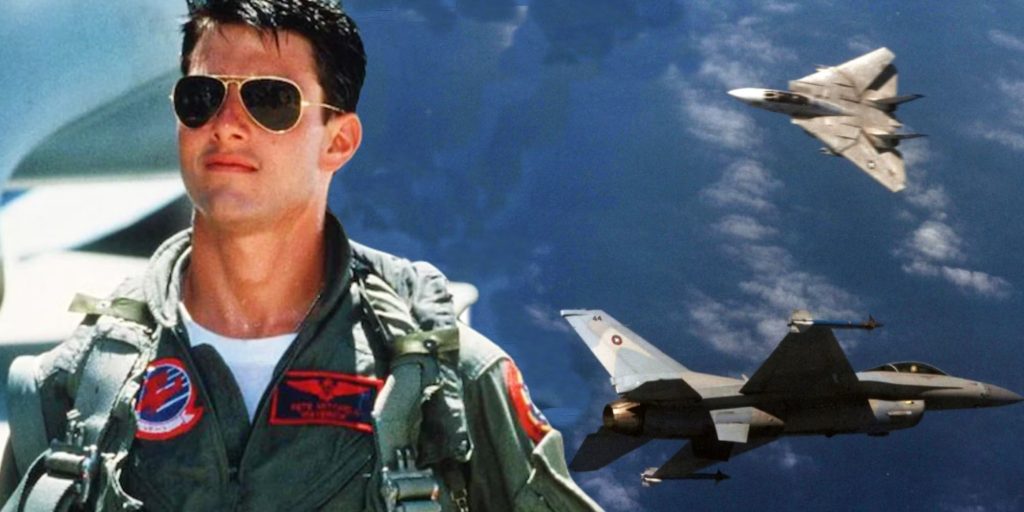
I’ve had several great mentors and advisors along the way. You learn different things from different people and the trick is to take their stories and advice and roll it into your own style and approach.
Dr Mamatha Maheshwarappa, Payload Systems Lead at the UK Space Agency
Kalpana Chawla was an Indo-American astronaut and the first woman of Indian origin in space. She first flew on Space Shuttle Columbia in 1997 as a mission specialist and primary robotic arm operator. In 2003, Chawla was one of the seven crew members who we lost in the Space Shuttle Columbia disaster, unfortunately.
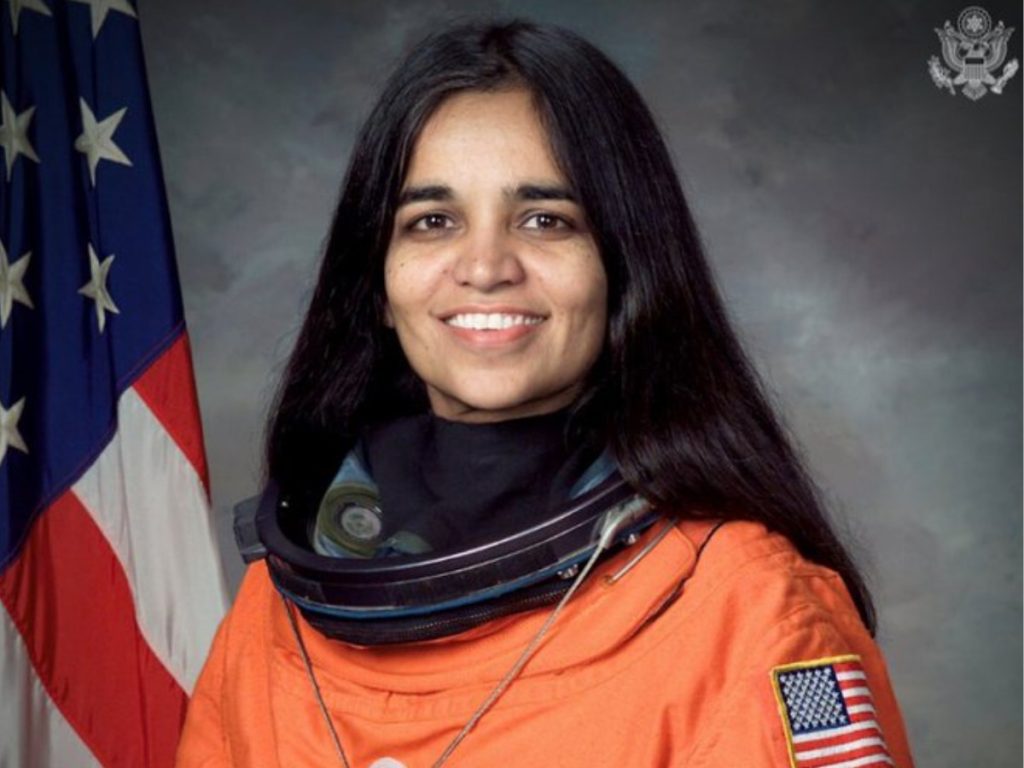
Credit: NASA
And Sunita Williams is an American astronaut and United States Navy officer of Indian-Slovenian descent. She holds the records for most spacewalks by a woman (seven) and most spacewalk time for a woman. They not only inspired me but also gave me confidence as I could see people who looked like me achieving great things.
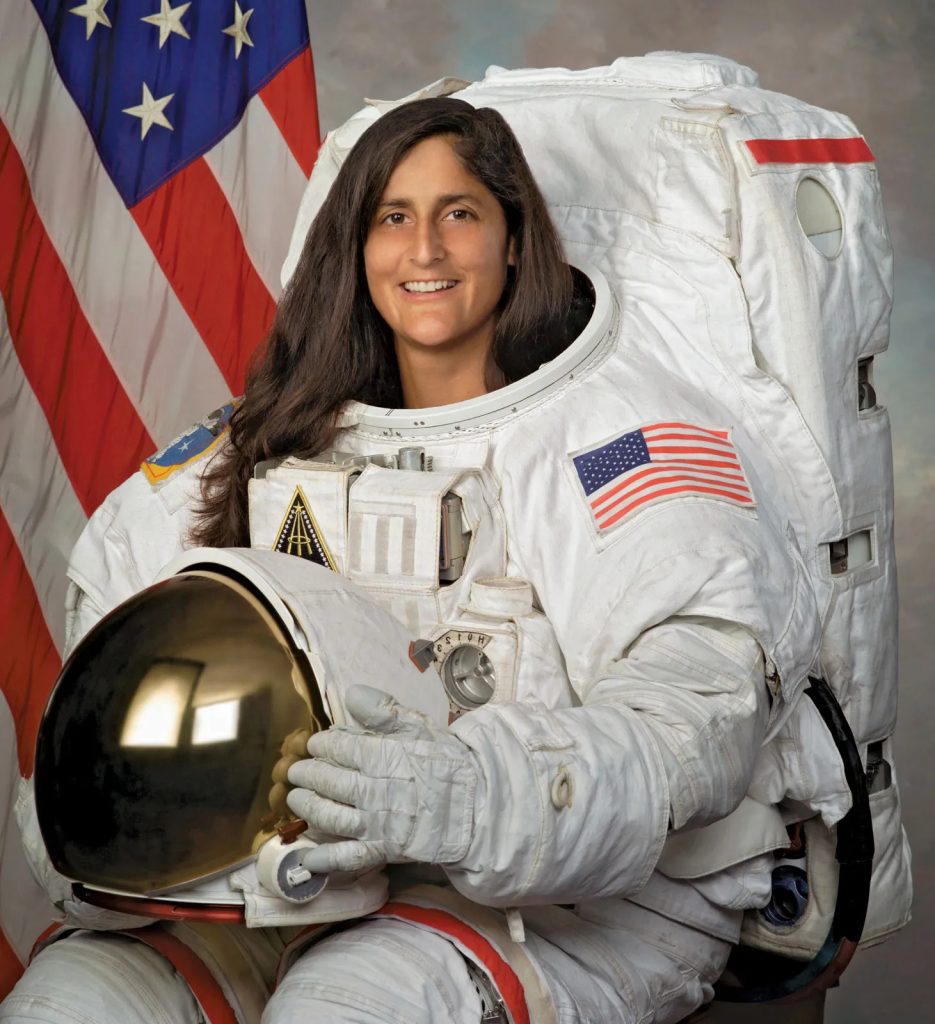
Credit: NASA
Jodie Howlett, Senior Systems Engineer at the UK Space Agency
Many of the people I consider role models aren’t necessarily astronauts, famous authors or TV presenters. They can all be very inspiring, but for me personally, the most influential people have always been those who a) I can relate to in some way, and b) are fully transparent and authentic in telling it how it is.
Dr Emma Taylor was the first person to share their space background in detail with me. This coincided with the first-ever space event I attended six years ago, a pivotal time when I decided that space was the route I wanted to go down.
Dr Peggy Whitson, Director Of Human Spaceflight At Axiom Space
Growing up in rural Iowa, space was not the first thing on my mind. But when I watched the Apollo astronauts take their first steps on the Moon, it was life-changing for me. I was inspired by what this significant milestone meant to the world.
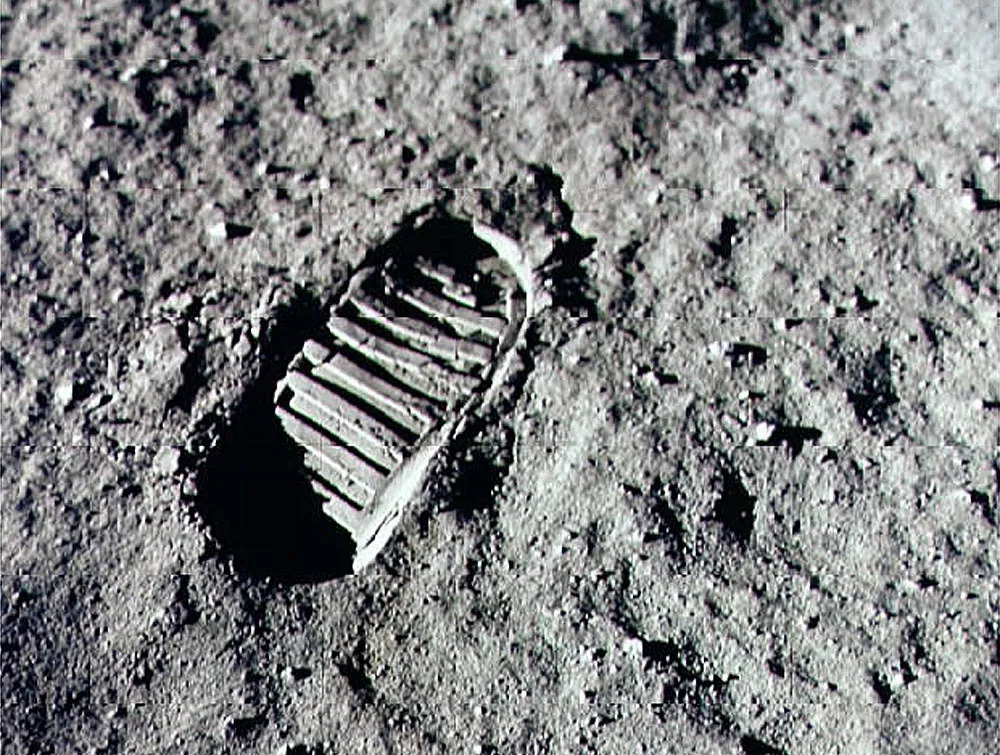
As a young farm girl, I thought walking on the Moon could only be a dream. I did not know how I could make that dream become a reality.
I started to learn more about the astronauts and realized most were pilots. My dad was a pilot, so that got me thinking maybe I could fly one day. My desire to fly led me to raise chickens on the farm to earn money for flying lessons. Raising chickens was hard work. Through my work on the farm, I learned self-discipline and developed a strong work ethic at an early age. It wasn’t until I graduated from high school that the dream to become an astronaut became a goal.
Around the time I graduated high school, I learned about Shannon Lucid, who was in the first class of NASA astronauts to include women. Shannon was a biochemist, and I was very interested in biology and chemistry. I was inspired by Shannon, and my love of biochemistry started me on the path to becoming an astronaut.
I was a biochemist working at NASA Johnson Space Center, and after I earned my PhD, I applied at NASA to become an astronaut. I was selected after years of applying. The time leading up to being accepted by NASA helped me grow and prepared me with many valuable professional experiences that supported me later as an astronaut.”
Rim Elijah, VP Of Sales In EOS Data Analytics
In my journey, two figures stand out as profound inspirations, bridging the gap between my interest in space and my commitment to sustainable development and gender equality.
Wangari Maathai, the first African woman to receive a Nobel Prize, has left an indelible mark on my perspective. Her leadership in the Green Belt Movement and her audacious stand for democracy, peace, and environmental sustainability in Kenya exemplify the power of individual action in fostering global change. Maathai’s story, while not directly linked to the space industry, resonates with me deeply, highlighting the role of women in shaping their futures and challenging societal norms.
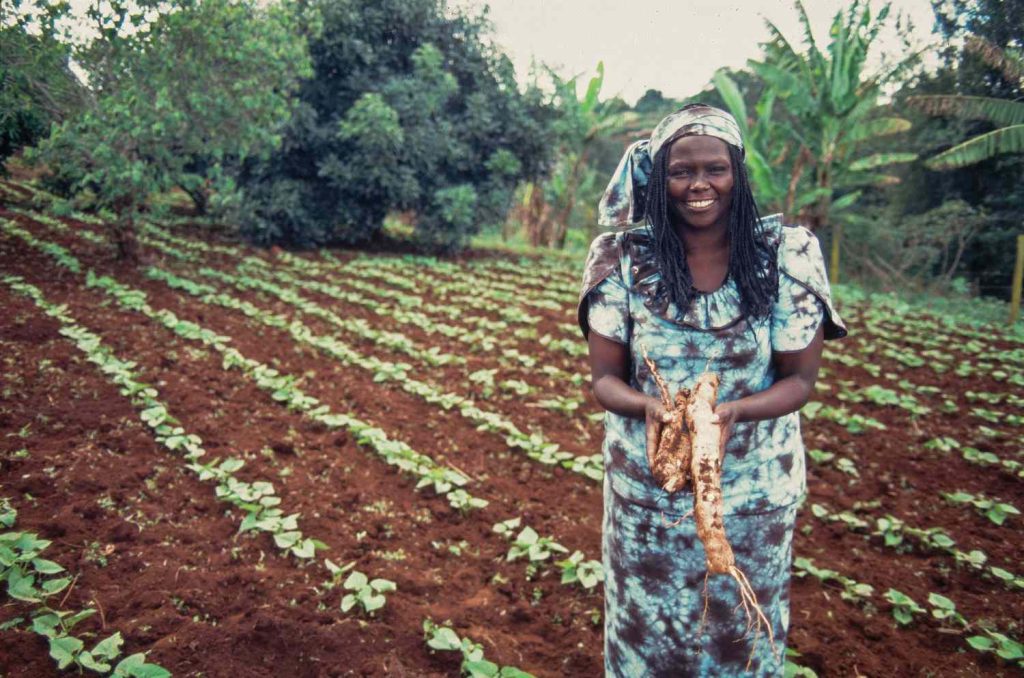
On the technological front, William Sansome Tucker’s pioneering work in remote sensing has been a cornerstone of my professional development. Recognized as the father of modern remote sensing, Tucker’s early 20th-century innovations laid the groundwork for today’s sophisticated space technologies that we leverage at EOS Data Analytics, particularly in the agriculture sector.
This historical context enriches my appreciation for the field, reminding me that our current advancements are deeply rooted in the contributions of past visionaries. Tucker, alongside Maathai, represents the blend of innovation and activism that inspires my work, revealing the importance of acknowledging our predecessors in both the space industry and broader efforts towards sustainable and equitable development.
We are thankful to Rim Elijah, Dr Peggy Whitson, Jodie Howlett, Dr Mamatha Maheshwarappa, and Jana Spruce for being so kind to answer our questions and share their stories.

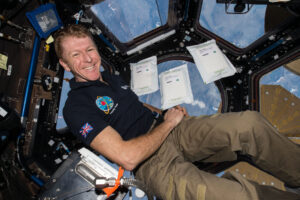

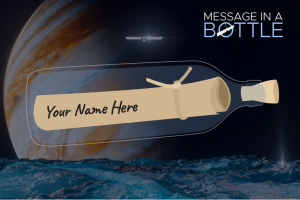

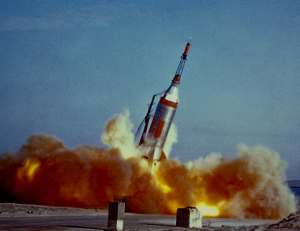
Thank you for your comment! It will be visible on the site after moderation.